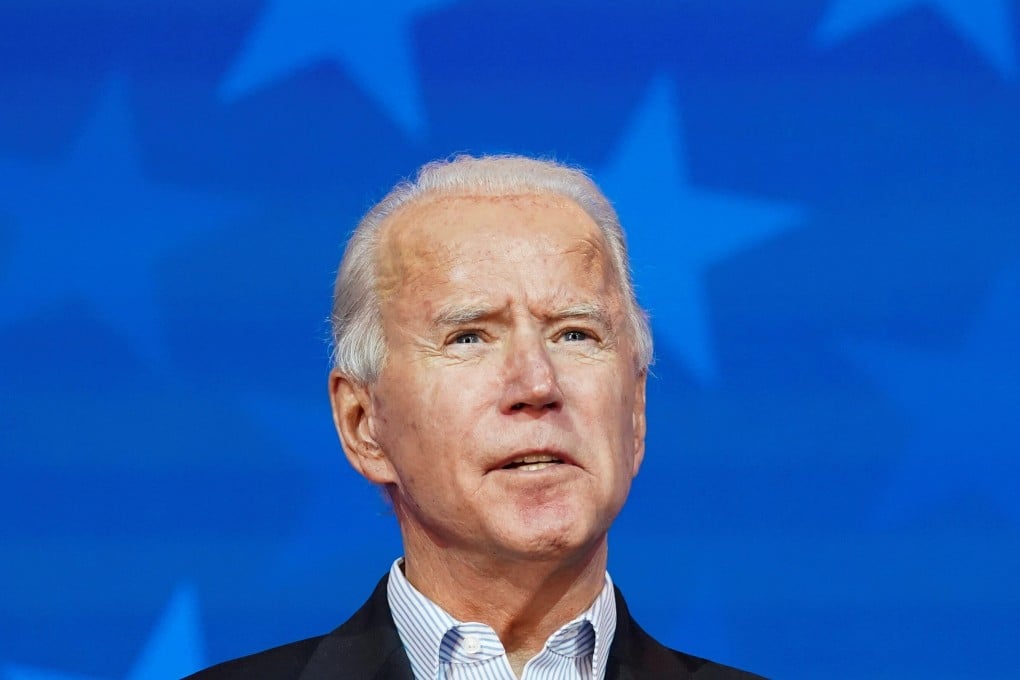Advertisement
US-China rivalry: Biden likely to boost ties with Asian allies to keep Beijing in check, observers say
- The ‘challenges to China under a Biden presidency may even be more serious’, Chinese academic says
- But the Democratic candidate will make sure ‘US policy in the region is as multilateral as possible’, Manila-based policy adviser says
Reading Time:3 minutes
Why you can trust SCMP

A Joe Biden presidency is unlikely to mean a reduction in the United States’ efforts to contain China as regardless of who is in the White House, Washington will continue to boost ties with its Asian allies to keep Beijing in check, observers say.
While a win for the Democratic presidential candidate is likely to see the US re-engaging with the world, after four years of backing away under Donald Trump, that is not necessarily good news for China, the experts say.
Pang Zhongying, an international relations professor at Ocean University in Qingdao, said the rivalry between China, which spans a host of issues, could become even more intense.
Advertisement
Under Barack Obama, the US sought to contain China through its pivot to Asia policy and international groupings like the Trans-Pacific Partnership (TPP).
But under Trump, the US withdrew from the TPP, leaving the remaining partners to negotiate the Comprehensive and Progressive Agreement for Trans-Pacific Partnership as a replacement.
“The challenges to China under a Biden presidency may even be more serious,” he said.
Advertisement
Select Voice
Select Speed
1.00x